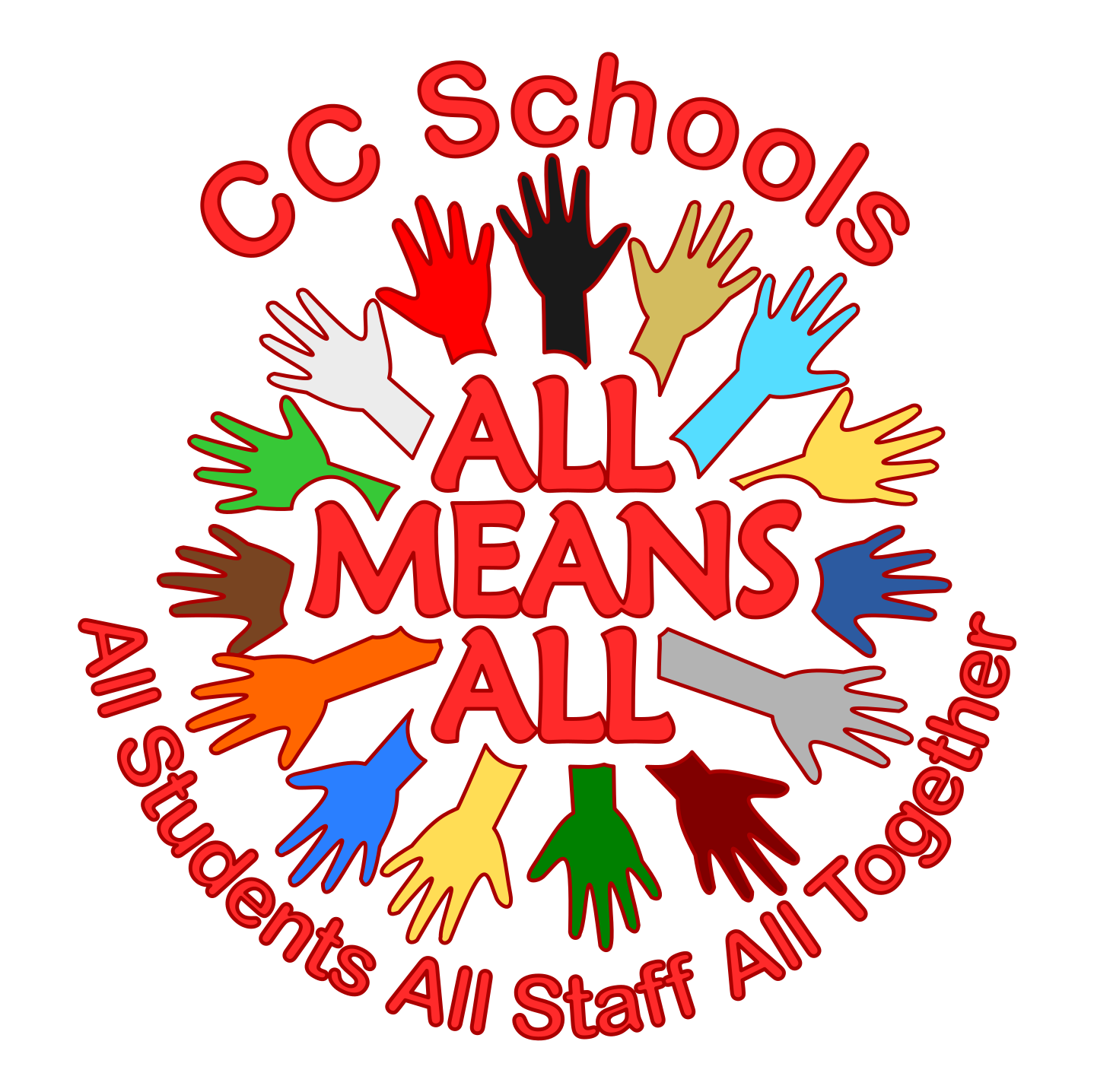Immigrant
CUMBERLAND CONTY SCHOOLS
Immigrant Identification Procedure
All students, regardless of their immigrant status, are entitled to a free and appropriate public education as determined by the 1982 United States Supreme Court ruling found in the Plyler v Doe case. As a result of Plyler v Doe, public schools may not:
1. Deny admission to a student during initial enrollment or at any other time on the basis of undocumented status.
2. Treat a student differently to determine residency.
3. Require students or parents to disclose or document their immigration status.
An immigrant student is a child who is three through twenty-one years old, not born in any state in the United States of America (including the District of Columbia and Puerto Rico), has not been attending one or more schools in one or more states for more than three academic years. Please note that an immigrant may or may not be an English learner. The status of English learners is based on language ability, not birth country.
To ensure equal access to education for children who do not have documentation of United States citizenship or residency, school personnel should not require social security cards, birth certificates or any other documentation which would deny undocumented children their educational rights. All children, regardless of their immigrant status, must comply with school attendance guidelines, laws, policies, and regulations.
Tennessee’s public schools must provide services to non-English language proficient students. Rules of the State Board of Education Chapter 0520-01-19 requires districts and schools to provide specialized programs for limited English proficient students to comply with Title VI of the Civil Rights Act of 1965 and Tennessee Code Annotated 4-21-901. These laws prohibit discriminatory practices on the basis of race, color, or national origin by any state receiving Federal Funds from a state agency.
